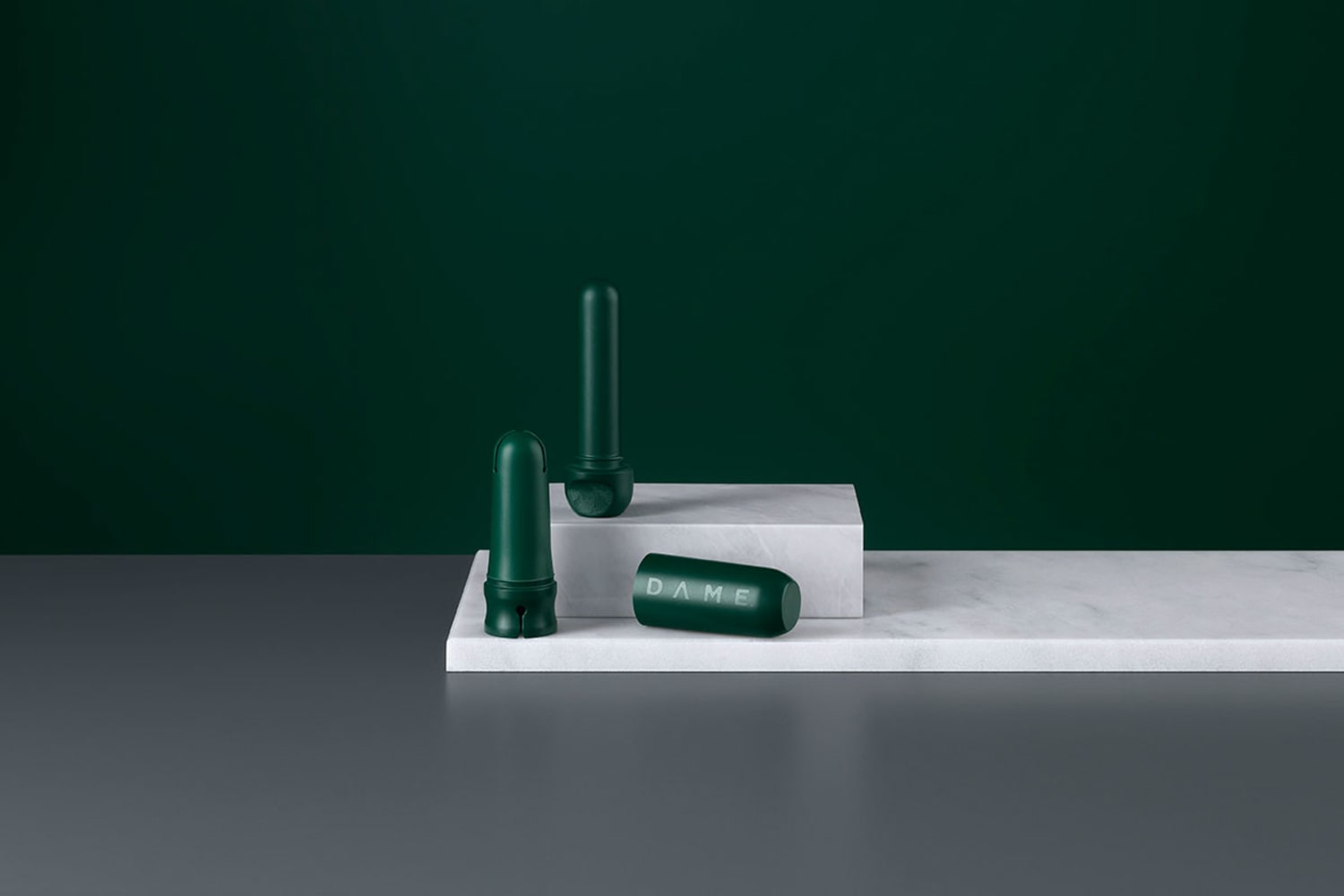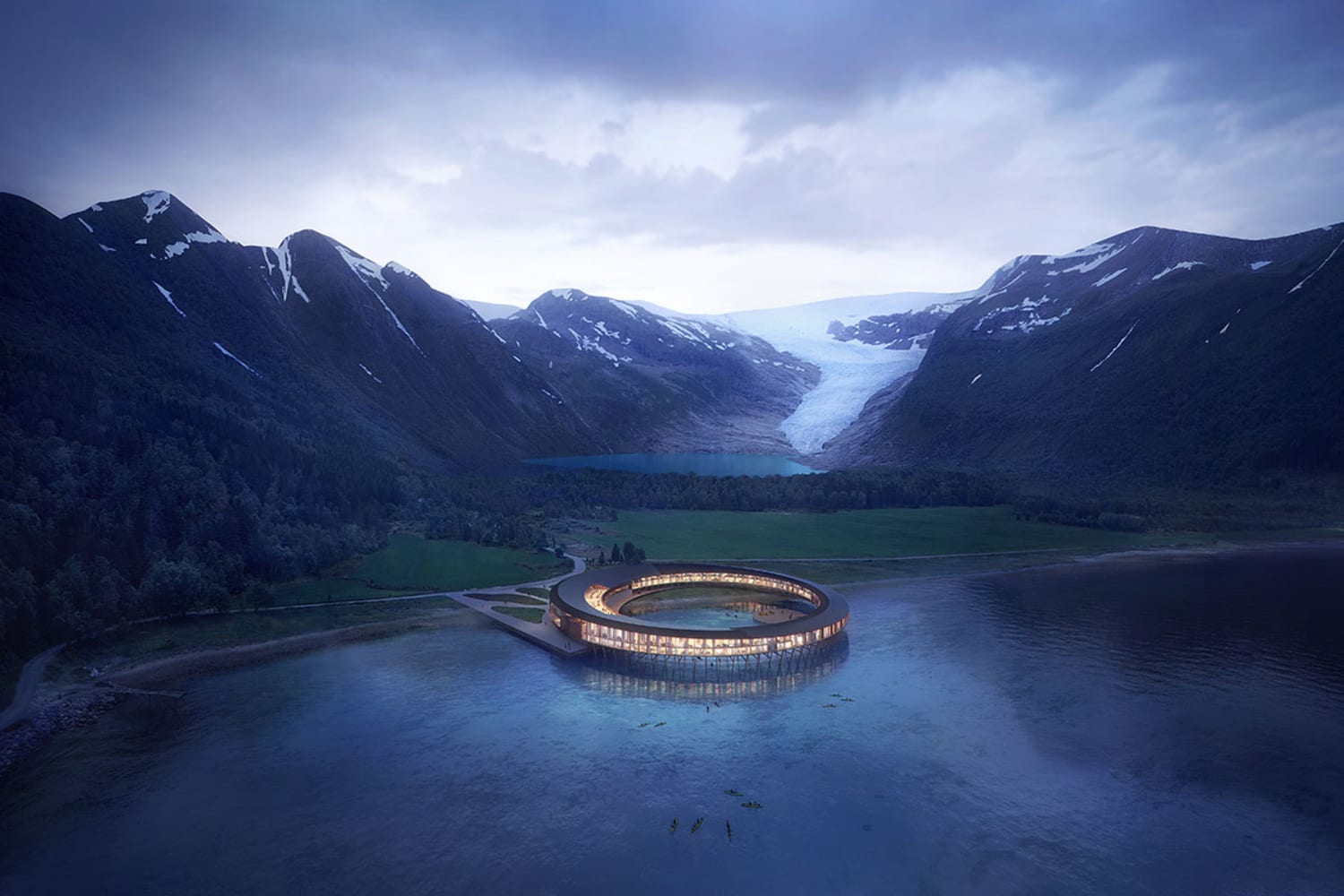Carbon positive practices are becoming more than just a trust-building exercise to earn consumer loyalty—they are evolving into a modern business imperative.
“More and more, we’re seeing brands and retailers really focus on sustainability as a business priority,” Lizzie Willett, retail consultant at BJSS, tells Wunderman Thompson Intelligence. As we noted in our 2018 report The New Sustainability: Regeneration, consumers are calling on brands to move beyond maintaining the status quo to actively contribute to the environment. In response, many are making strides to become carbon positive—meaning they generate more energy than they consume. From haute couture to mass market, personal care to travel, brands across categories are taking up the mantle of carbon positivity.
“We are entering a new decade of corporate accountability,” Gucci CEO Marco Bizzarri wrote in a November 2019 open letter inviting CEOs to join his Carbon Neutral Challenge. “As businesses, we all have a responsibility to meet the reality of our global climate and biodiversity crises head on.” Prada underscored this point when they signed a sustainability-linked loan in November 2019, with their interest payments on the loan determined by the company’s ability to hit key sustainability targets in their operations and products.









